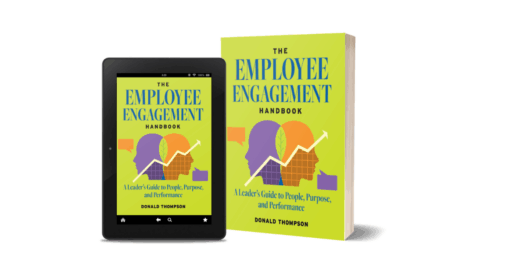As investment in diversity, equity, and inclusion (DEI) in the workplace grows, so too does the need to evaluate job candidates based on how they exemplify DEI-related values in and outside of the workplace.
But, if you’re like most of today’s organizations, odds are good that your company hasn’t historically interviewed candidates through a DEI lens. What questions should you ask? How should you evaluate responses? And how can you tell if someone’s commitment to DEI is authentic or performative? Below, you’ll find three great DEI-related questions to ask job candidates, along with an explanation for why each question has value and what you should look for in a response.
Note: An expanded edition of this guide, containing 6 additional DEI scripts for interviews, is available through our monthly membership service, DEI Navigator.
1) Tell us about a time when you went outside of your comfort zone.
Why ask this? This question will allow you to evaluate whether the candidate is comfortable being uncomfortable and has a growth mindset. Are they open to new experiences and competing perspectives?
Look for an indication that the candidate is open to trying new things, whether it’s a new hobby, a new role, or even new food, and that they saw positive value in the experience. Openness is a key indicator of a growth mindset and shows that this person will be amenable to DEI learning, no matter where they are starting from. Openness is also a critical skill when working with team members from different backgrounds or with different perspectives. If the person gives a workplace example in which they shifted their perspective or engaged in an alternative way of thinking, then that’s even better!
2) What does DEI (or diversity) mean to you, and why is it important?
Why ask this? This question will help you gauge where the person is on their personal DEI learning journey.
Look for an indication that the candidate recognizes the business and personal benefits of a comprehensive DEI program. Try to evaluate whether the candidate has a narrow or holistic view of DEI. In their opinion, is diversity limited to just race and gender, or does it include spirituality, age, experience, and more? Is their explanation of diversity the same type of blanket, traditional statement you can read on every company’s website, or do they have a unique personal view? Are they admittedly resistant to DEI efforts, and if so, are they also willing to try? An advanced view of DEI recognizes that diversity benefits everyone, not just underrepresented people and communities.
Watch out for cookie-cutter explanations about why diversity is important, and remember that resistance and DEI fatigue are common, but they don’t necessarily mean that the person isn’t open to learning and can’t learn to be a more inclusive colleague.
3) Give us an example of a time when you had to deal with conflict at work.
Why ask this? This is a great question to ask in or outside of a DEI context. Is this person able to disagree with others and still get work done? Or, do they contribute toward a toxic workplace environment? It’s important to hire someone who is able to respectfully resolve conflict between themself and others.
Look for positive conflict-resolution methods, such as asking probing questions or pausing the conversation for another time. The candidate should be able to recognize when to step away from conflict but also realize that conflict avoidance isn’t always the best response. Are they able to delay volatile discussions for a later time where they feel more level headed? Do they involve third parties, such as HR, when necessary?
To gauge a candidate’s interest in and commitment to inclusion at work, we recommend asking 2-3 DEI-related questions throughout the interview process. However, we also caution you to avoid asking more than 3 DEI-related questions, which can make the interview feel like a DEI test. Yes, the individual should respect and contribute to your company’s DEI mission, but everyone is starting from a different point of learning, and everyone makes mistakes. Weaving a handful of these questions throughout the interview ensures that you get a better understanding of the candidate’s working style and adaptability.
Kaela Sosa, CDE, is Curriculum and Programming Manager at The Diversity Movement as well as one of its founding members. With a degree in Psychology and Gender Studies, Kaela has fought for the visibility and acknowledgement of issues pertaining to underrepresented groups for nearly a decade. Connect with her on Linkedin.






